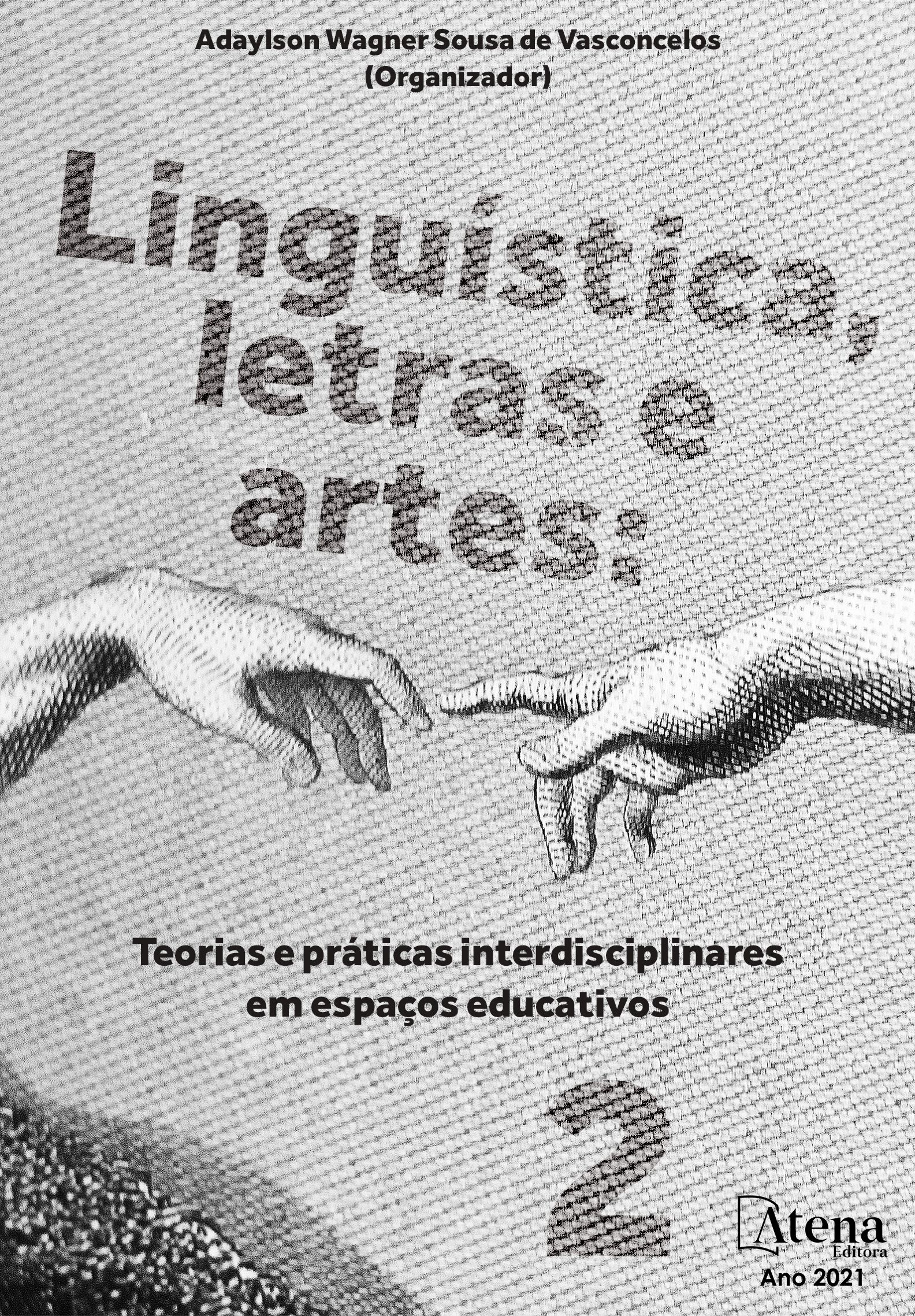
Aspectos Interculturais na música francófona
No curso de bacharelado em Línguas Estrangeiras Aplicadas às Negociações Internacionais (doravante LEA-NI) da Universidade Federal da Paraíba os discentes aprendem três línguas estrangeiras: Espanhol, Francês e Inglês. Ao falarmos em ensino de língua estrangeira, não podemos dissociar sua aprendizagem de sua cultura, como bem salientam Ladmiral e Lipiansky (2015), para quem a língua é muito mais que apenas comunicação, mas sim o espelho de um contexto cultural. A língua francesa é falada nos cinco continentes e, de acordo com a Organização Internacional da Francofonia (2019), estima-se uma média de 300 milhões de locutores francófonos no mundo. Uma vez que o entendimento da cultura é fundamental para o profissional de LEA-NI, elegemos a música como corpora do presente trabalho, haja vista que de acordo com Aytekin (2011), através desse aporte lúdico midiático, podemos compreender as particularidades culturais de um povo, pois a música carrega consigo o plano de fundo em que está inserido o autor, ou seja, seu contexto cultural, seu povo, seu modo de vida. Destarte, o objetivo da pesquisa foi observar como se apresentam os aspectos culturais na música francófona nos cinco continentes. Para tanto, a partir de uma pesquisa bibliográfica com abordagem qualitativa, selecionamos quatro temas para análise: 1) Imigração; 2) Desigualdade social; 3) Homem e 4) Patriotismo. Após as análises das letras das canções, foi possível observar a diferença de abordagem entre temas nos cinco continentes, tendo o tema Imigração possuído o maior número de semelhança de abordagens, enquanto o tema Patriotismo possuiu natureza mais distinta de interpretação e abordagem. Com isso, concluímos que há diferença nas marcas culturais expressas nas músicas encontradas nos cinco continentes, pelo conteúdo lexical presente e pela visão dos intérpretes. Muito embora existam semelhanças, cada continente demonstrou utilizar uma linguagem própria e característica para abordar os temas nas músicas.
Aspectos Interculturais na música francófona
-
DOI: 10.22533/at.ed.90721200913
-
Palavras-chave: Cultura. Interculturalidade. Francofonia. Música. Línguas Estrangeiras Aplicadas.
-
Keywords: Culture. Foreign Languages Applied. Francophonie. Music. Interculturality
-
Abstract:
In the Bachelor Degree of Foreign Languages Applied to International Negotiations (FLAIN) offered by Federal University of Paraíba, the students learn three foreign languages: Spanish, French and English. Talking about teaching foreign languages is not forget the cultural aspects, how is said by Ladmiral e Lipiansky (2015), whom language is more than just communication but also a reflection of cultural context. French Language is spoken in 5 continents and, according to International Organization of Francophonie, in the world there are an average of 300 million French speakers. Once the comprehension of culture is fundamental for FLAIN professional, for this project, we choose the music as corpora, because as said by Aytekin (2011), through this playful media contribution, it is possible understand the cultural particularities of societies since music carries with it the background in which the author is inserted, it is the cultural context, society habits and lifestyle. Therefore, the aim of this project was observe how the cultural aspects are presented in the francophone music around the 5 continents. Starting from a bibliographical research with a qualitative approach, it was selected 4 themes to analyze: 1) Immigration; 2) Social inequality; 3) Human being; and 4) Patriotism. After analyzing the song lyrics, it was possible observe differences among the themes in the 5 continents, such as Immigration, whose it was found the biggest number of similarities while Patriotism had most diversity of approach. With this, it was concluded that it has a difference in cultural expressions in the music. Even if there are many similarities, each continent showed a singular way to express the themes proposed that transcends the linguistic scope and carries with it the reality of authors, their experiences and their local culture.
-
Número de páginas: 19
- Alyanne de Freitas Chacon
- Bárbara Bezerra Pontes


